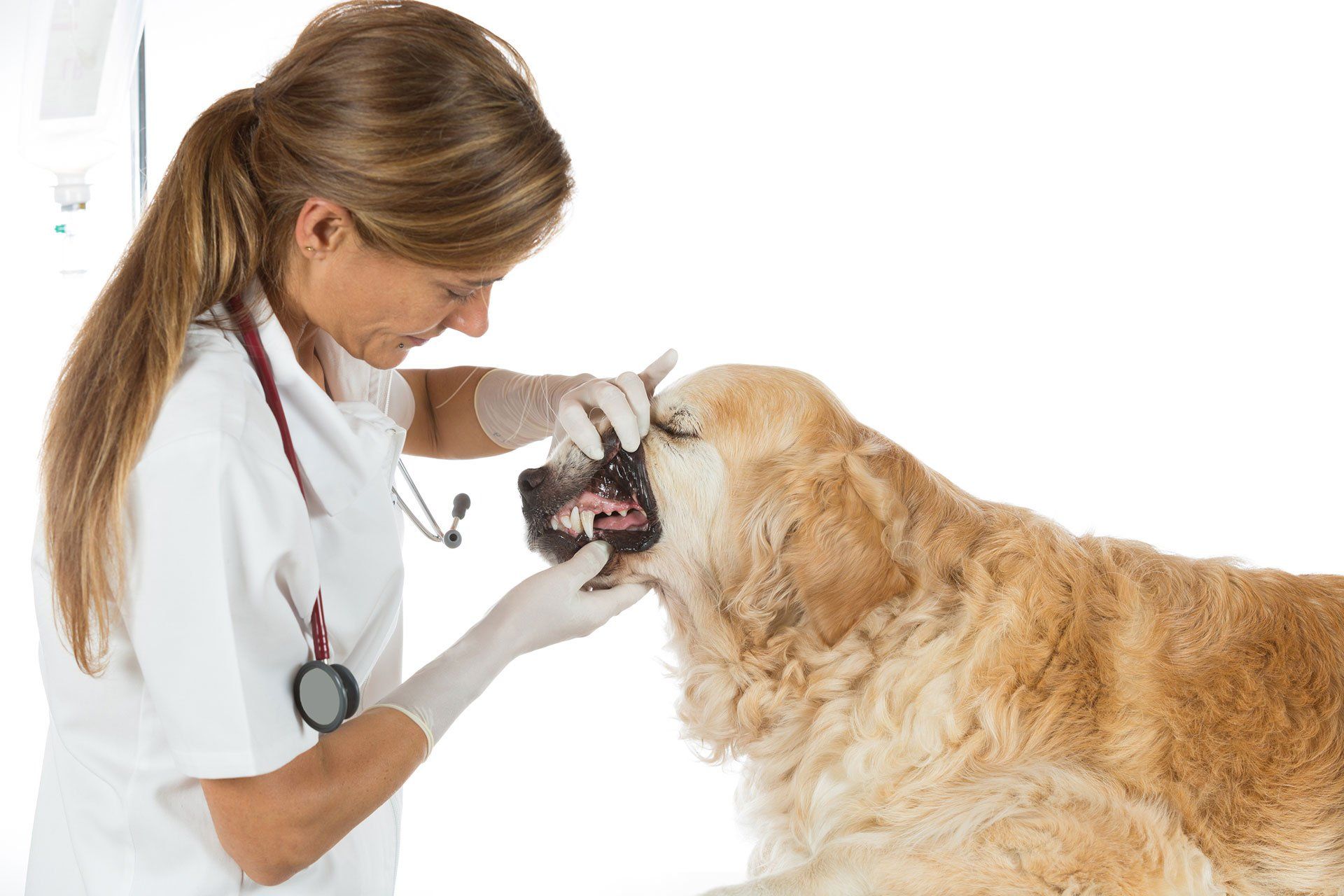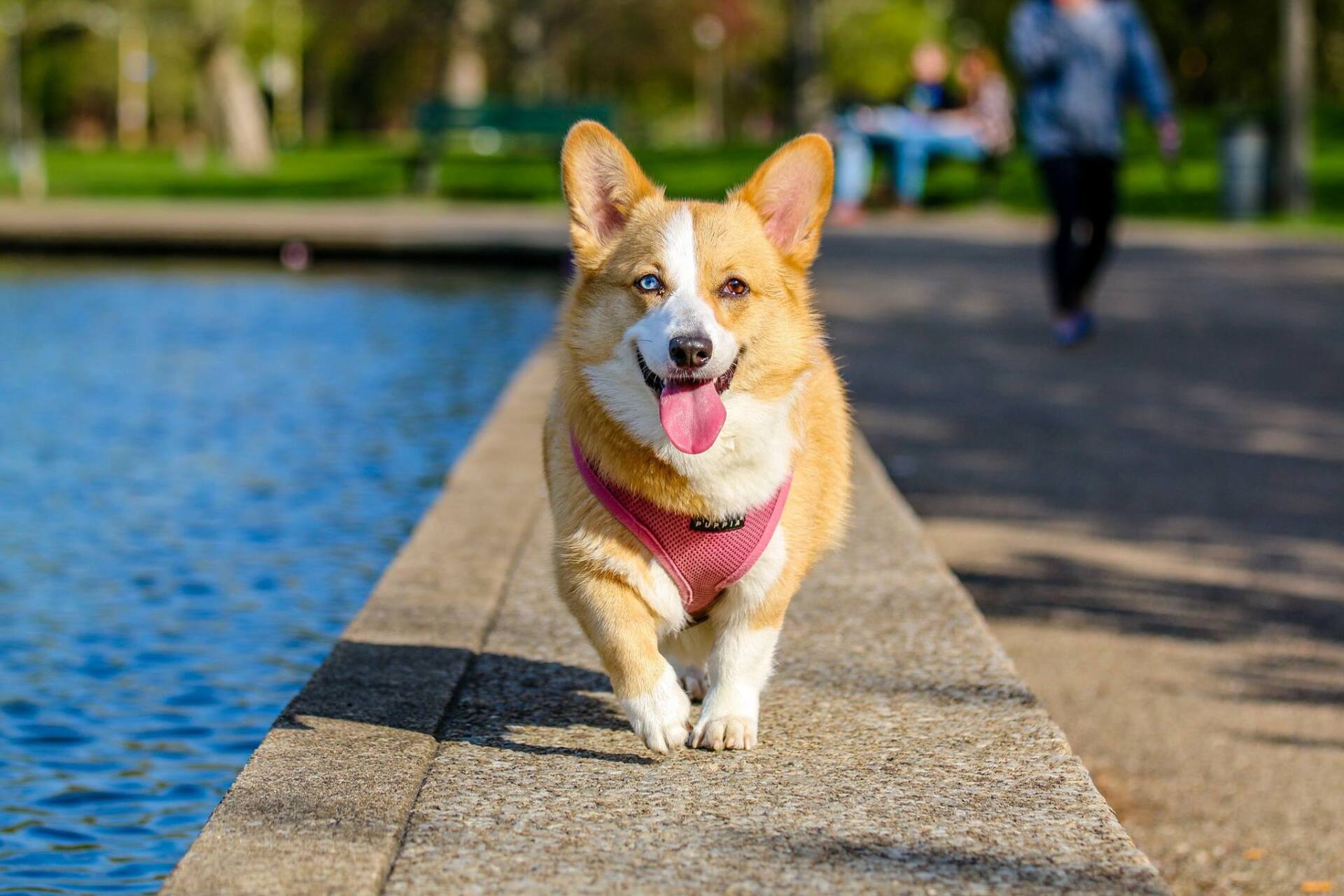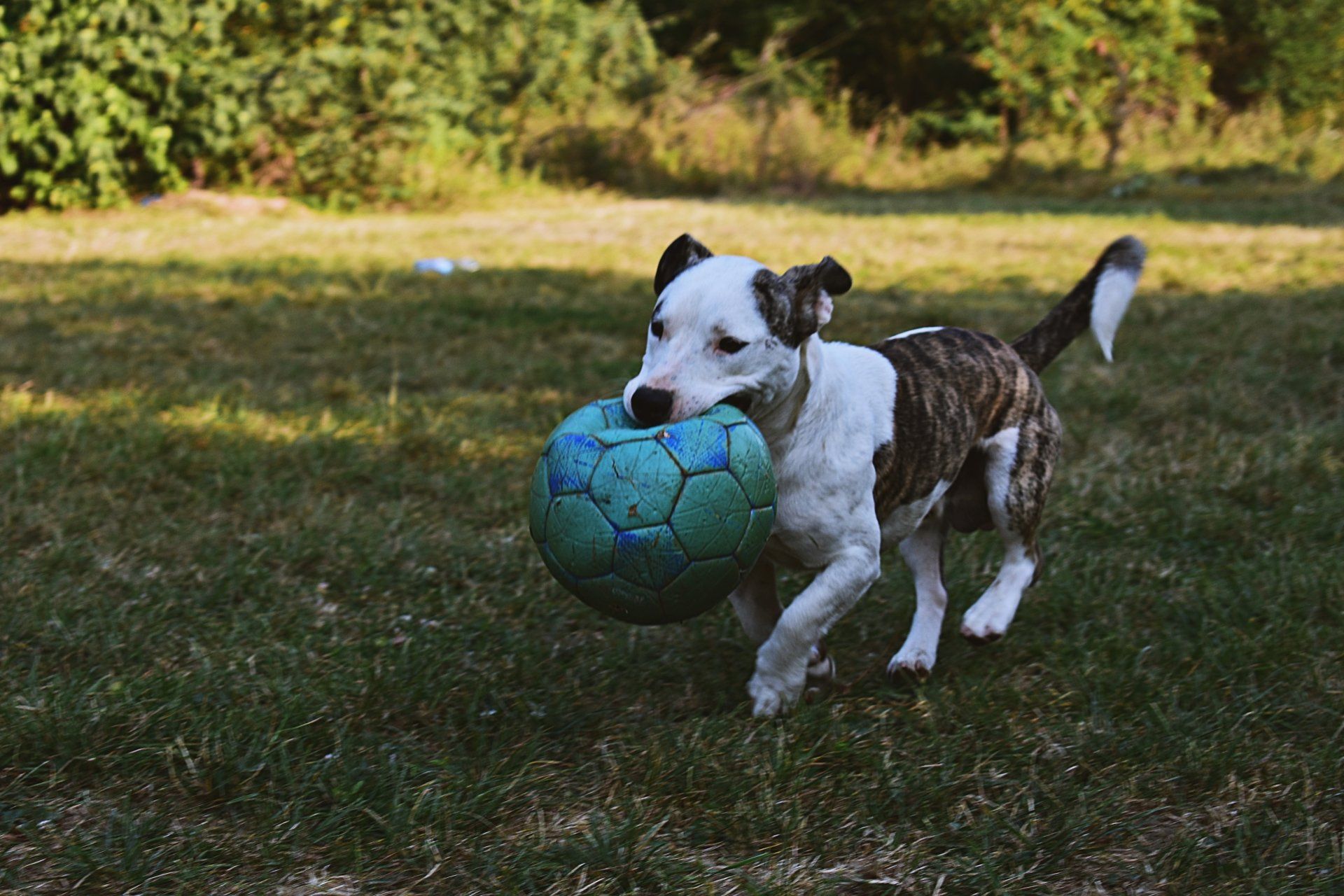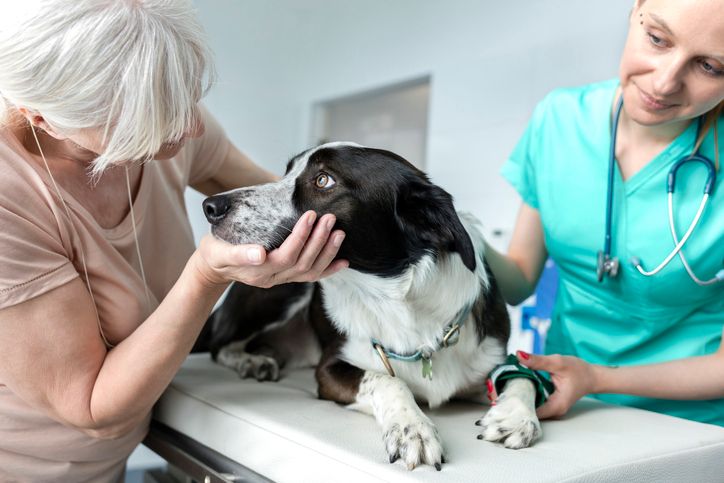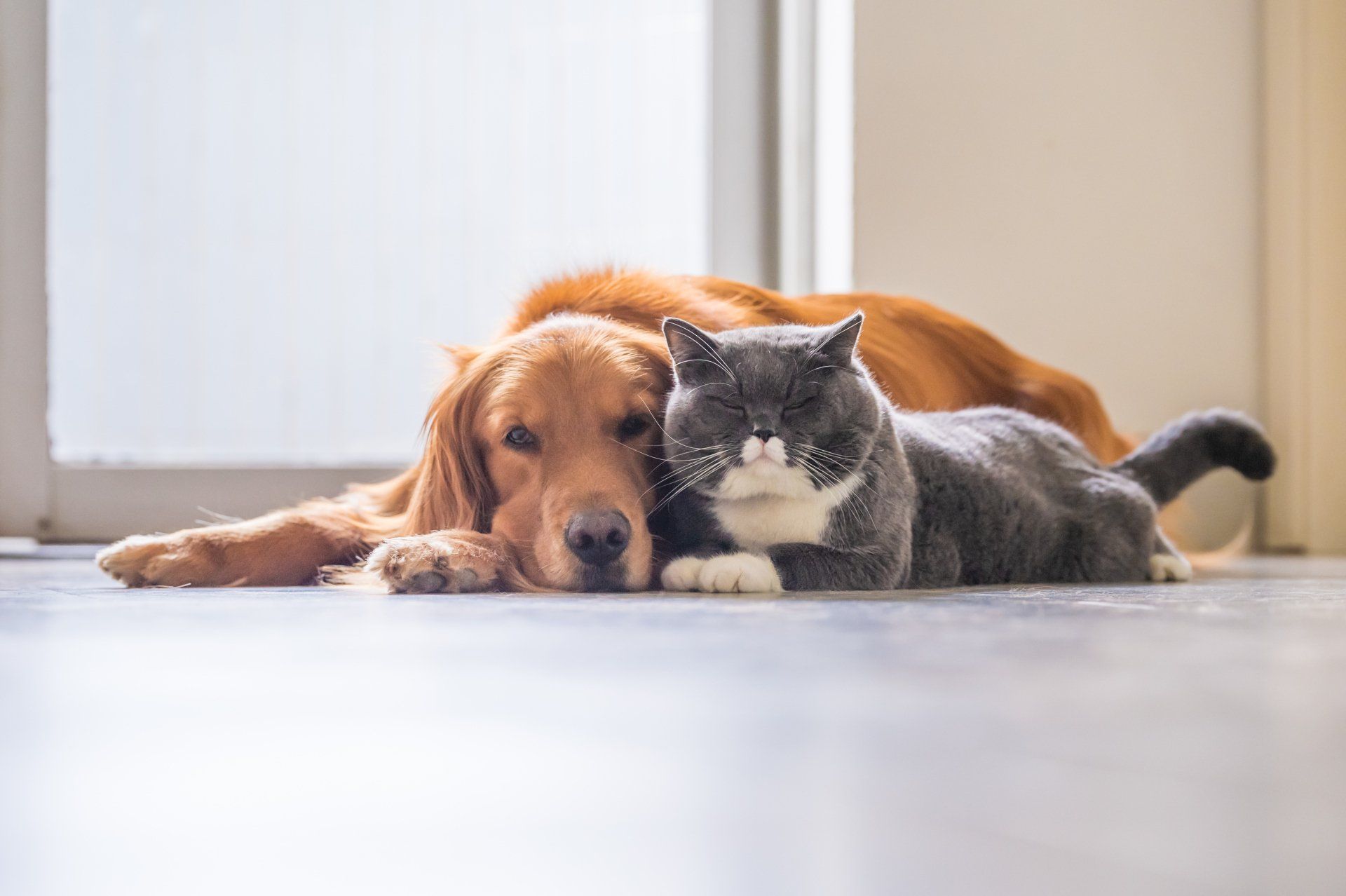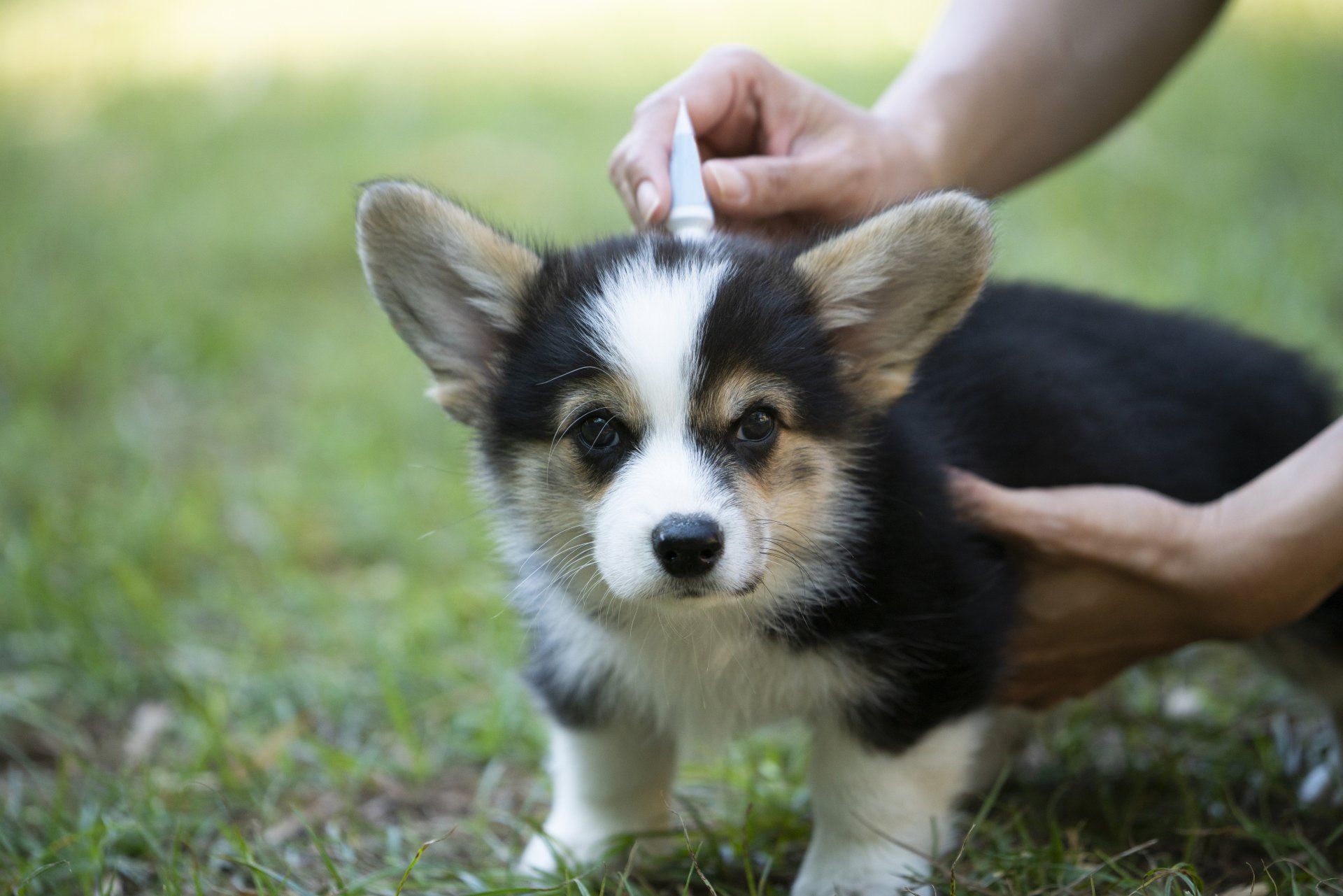What to Expect When You Go to the Vet for the First Time
Prepare for Your First Visit to a Local Veterinary Clinic
Taking your pet to a veterinary clinic for the first time is very similar to taking a human child to the doctor for the first time. There are a few different things that your pet will be checked for and vaccinated for when they go to the animal clinic for the first time. Here’s the breakdown of a visit to the animal clinic:
Full body examination:
The veterinarians at your local veterinary clinic will start by doing a full body examination to make sure there is nothing wrong with your pet.
- Checking vitals - A veterinarian will listen to your pet’s heart and lungs to make sure there are no signs that they are struggling to breathe.
- Weight check - It’s important that all animals stay within a healthy weight range. When an animal is overweight, they are more at risk for health issues and may do damage to their legs.
- Examining eyes - While at the animal clinic, your pet’s eyes will be checked to make sure there are no abnormalities or issues. Some things that are cause for concern are excessive discharge, redness, cloudiness, issues with their tear ducts, and eyelid abnormalities.
- Checking the coat of your pet - The coat of your pet shouldn’t be flaky, and they shouldn’t be losing excessive amounts of hair at a time. If their coat is looking a little rough the veterinary clinic team may suggest changing their food or giving them a supplement like salmon oil.
- Examining ears - Checking your pet’s ears is done to make sure there are not any ear mites or bacteria growing. Another thing that the animal clinic’s team will check for is excessive ear wax.
- Checking their teeth - It’s not uncommon for puppies to lose their teeth and adult dogs' teeth to rot out. It’s important to be brushing your dog’s teeth or giving them dental treats to help prevent their teeth from rotting out as they get older.
- Looking at their skin - The skin underneath your pet’s coat also needs to be checked for abnormalities such as bumps, lumps, flakiness, and parasites. It’s important to put flea and tick medication on your pets to keep them from getting diseases during the warmer months of the year.
Vaccinations:
Many vaccinations are used to protect dogs and cats from different parasites and sicknesses. Some vaccines that are routine for your dog to get are DAPP and rabies. Other vaccines that are only given to dogs that are constantly around other dogs or getting boarded are DAPP, rabies, Bordetella, Leptospirosis, and the canine influenza virus vaccine.
The routine vaccinations for cats are feline panleukopenia virus, feline viral rhinotracheitis, feline caliciviruses, rabies virus, and the feline leukemia virus vaccine. Contact our animal clinic serving the Benson, Clinton, Dunn, and Fayetteville, NC communities if you have questions about the vaccine schedule for your dog or cat.



